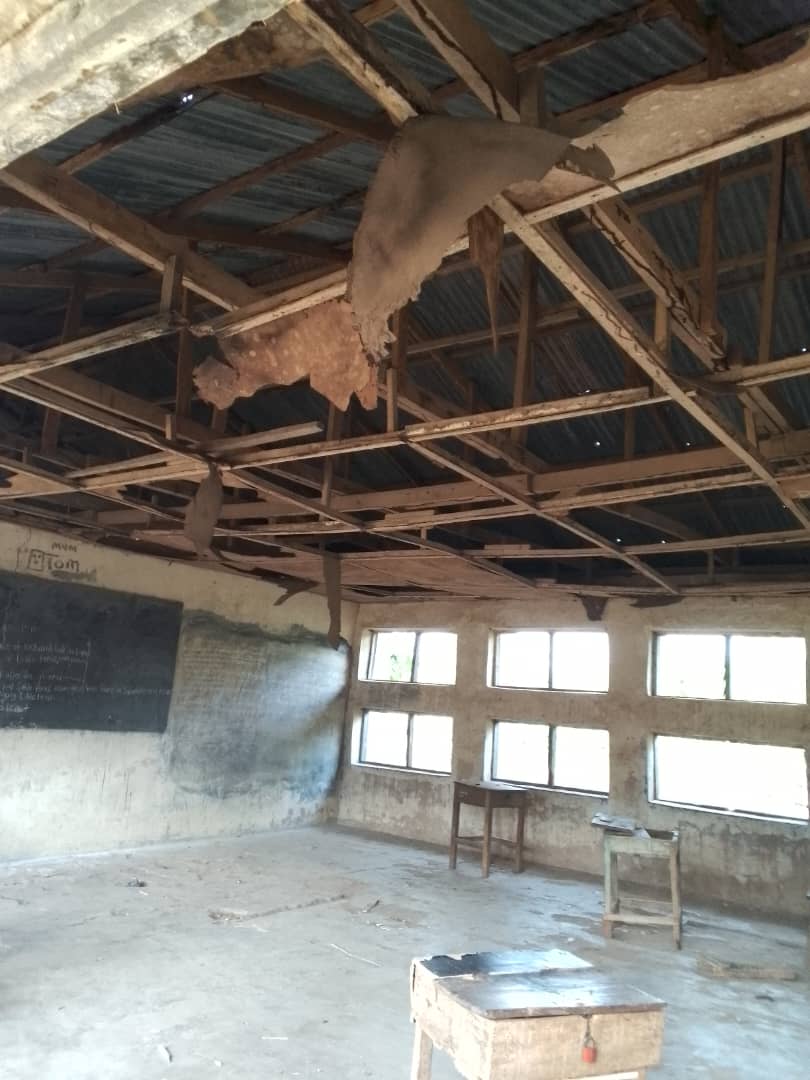The policy shift has sparked sharp criticism from Civil Society Organizations (CSOs) advocating for education reforms. Many believe the government is merely altering nomenclature instead of addressing the core issues plaguing the education sector, such as inadequate funding, poor infrastructure, and the declining quality of teaching.
Government’s Justification: A Seamless Transition
A statement released by the Director of Press & Public Relations at the Federal Ministry of Education, Boriowo Folasade, clarified that the government has not yet scrapped the JSS and SSS structure but is proposing a 12-year compulsory education model within the existing 6-3-3 framework.

“The attention of the Federal Ministry of Education has been drawn to misleading reports suggesting that the Federal Government has scrapped Junior Secondary School (JSS) and Senior Secondary School (SSS). We categorically state that this is not true,” the memo read. According to the ministry, the key aim of the reform is to remove the examination barrier between JSS and SSS, allowing students to transition smoothly without the pressure of an external assessment at that stage. The ministry also emphasized that consultations with stakeholders, including state governments, teachers, and parents, will continue over the next eight months before a final decision is made at the October 2025 NCE meeting.

CSOs React: “This Is a Mere Name Change”
Despite the government’s clarification, education-focused CSOs have strongly opposed the policy, arguing that it does nothing to address the root causes of Nigeria’s failing education system. "This is just a change in name! What we need is improved access, better quality education, and sustainable learning outcomes - not another bureaucratic exercise that will take years to implement,” a CSO representative stated.
Another critic pointed out that previous reforms, including the 6-3-3-4 system, were never fully implemented as intended. “The old system envisioned a transition from theoretical learning to vocational skills acquisition for those who couldn’t cope with academics. But we failed to implement it properly. Now, rather than fixing what’s broken, the government is introducing a new model without clear problem analysis or solutions.”

Concerns Over Implementation and Funding
The policy has also raised concerns about the capacity of private schools to meet the new requirements. Under the proposed system, private schools that previously offered education only up to JSS3 or SS1 will now be forced to provide education up to B12. Many fear that due to a lack of qualified teachers, schools may resort to unqualified instructors teaching specialized subjects - ultimately leading to mass failure at the senior level.

Beyond that, the proposal raises a critical question: Who will fund this extended education model?
Education remains on Nigeria’s concurrent list, meaning both the federal and state governments are responsible for funding. The federal government currently manages only 104 unity schools, while state governments handle over 12,000 primary and secondary schools. Critics argue that unless the federal government fully takes over school funding, the proposed policy is doomed to fail.
Policy U-turn on Mother-Tongue Education?
Adding to the controversy, reports indicate that the federal government is also considering reversing its recently introduced mother-tongue education policy for primary schools. The move has been described as "one step forward, ten steps backward," especially as many educators have been working tirelessly to promote the use of indigenous languages in mathematics and science education.
The Bigger Picture: Nomenclature vs. Substance
Many Nigerians see this policy shift as another example of political leaders seeking to leave a mark in history without addressing real challenges. Critics argue that funding, infrastructure, teacher motivation, and feeding programs would have a far greater impact on education than simply restructuring the system.
A commentator remarked: "What exactly has changed? This is like changing our national anthem back and forth - just political drama with no real substance." Education experts also warn that the government may be making the same mistake as a previous minister who controversially raised the university admission benchmark to 18 years - only to be sacked due to public backlash.

What Next? Calls for Stakeholder Engagement
CSOs have called on the government to present a clear problem analysis and solution framework for the new model before implementation. They argue that funding leakages, corruption, and policy inconsistencies must be addressed first, or the new system will collapse just like previous reforms. "At this rate, we will never get it right because we are focusing on changing names instead of fixing the actual problems," one stakeholder warned.
As debates continue, Nigerians are watching closely to see whether the proposed 12-year model will bring real change - or become yet another policy misadventure.
#EducationReform | #QualityEducation | #NigeriaSchools | #PolicyChange | #FundEducation

